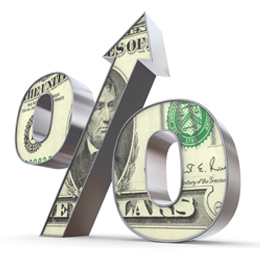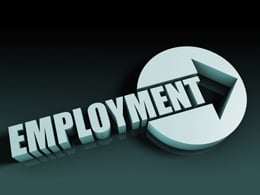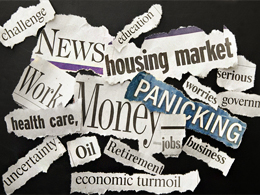Lately, I've been reading that the housing market, having largely recovered from the financial crisis, is now set to stay dormant. Much of this argument seems to be based on the last couple of months, when housing has indeed been hibernating.
But I suspect we haven’t seen the end of the housing boom.














